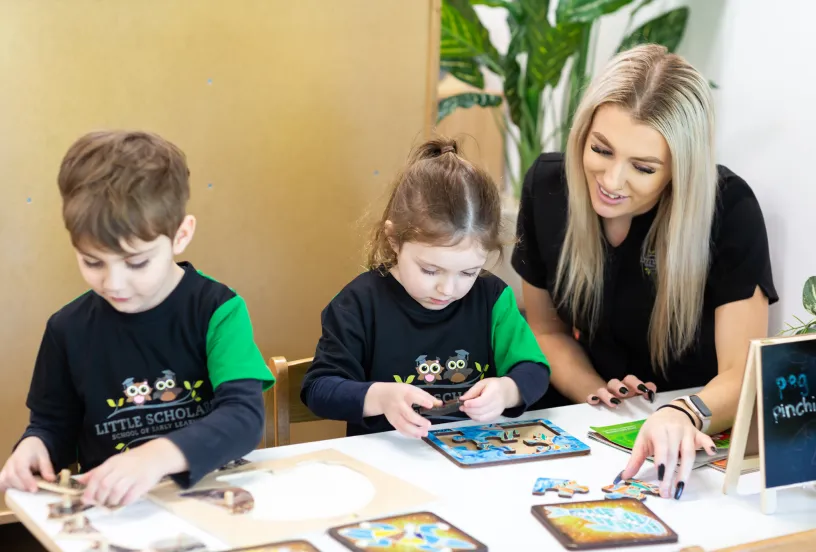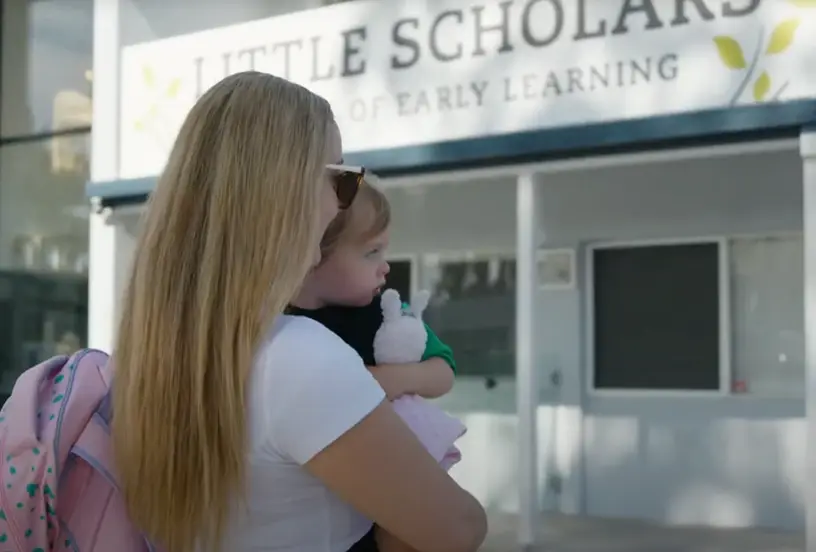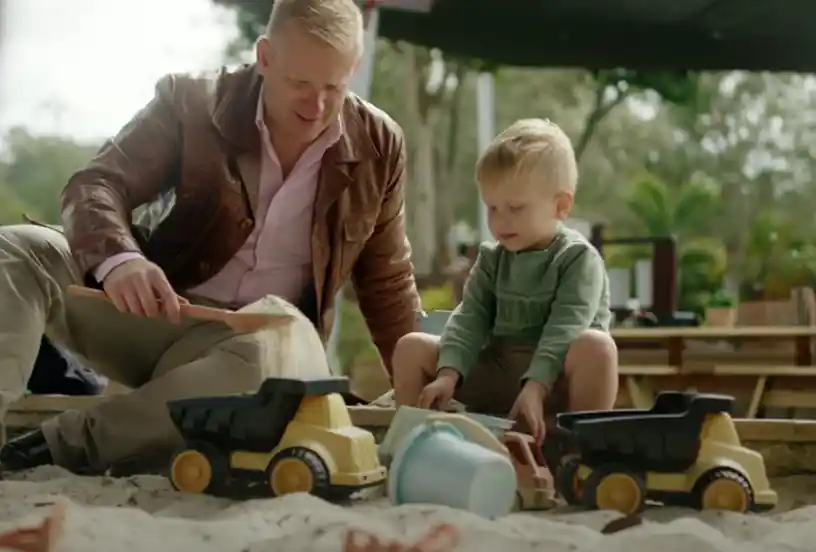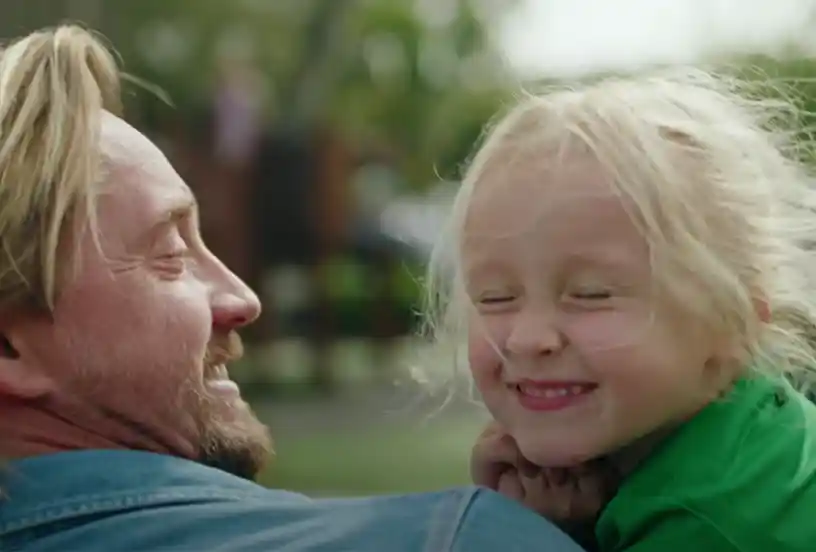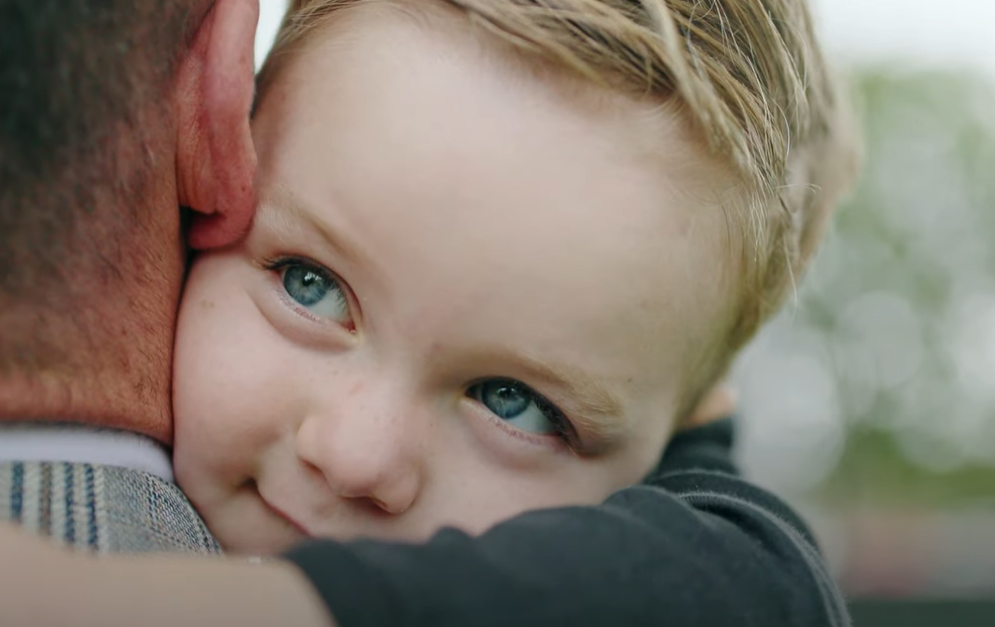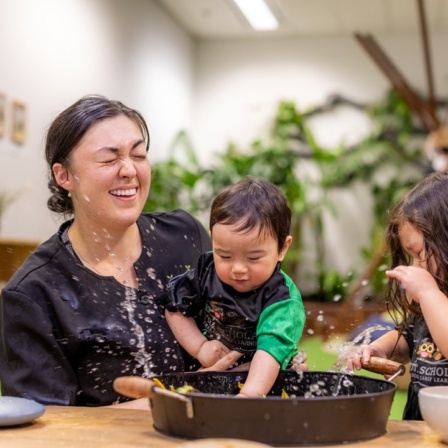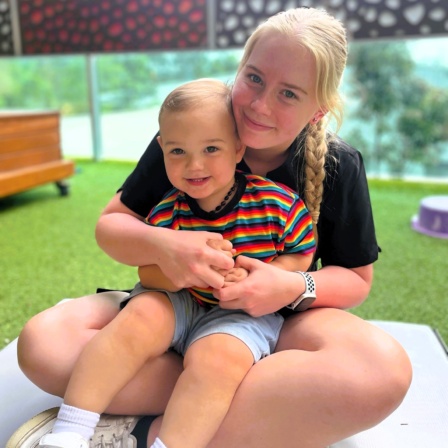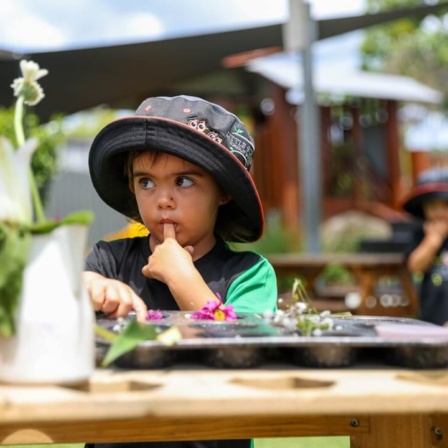Our transition to school program
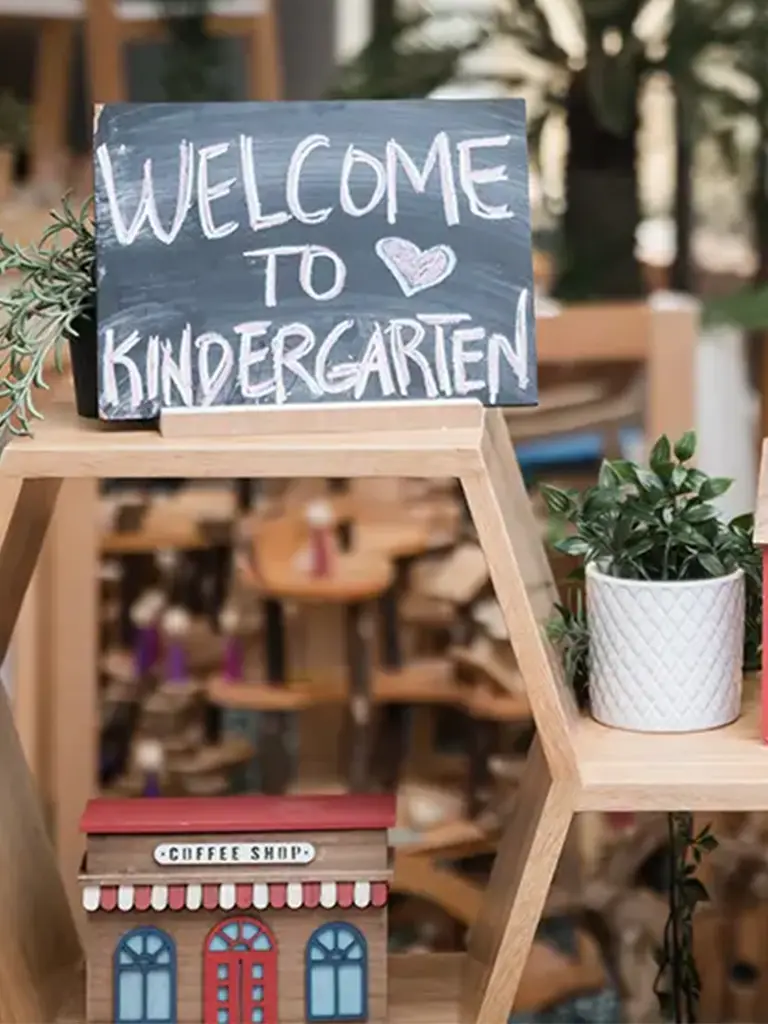
Starting formal school is an important milestone that can be an exciting and anxious time. Our transition to school program aims to ensure that children and their families enjoy their start to school and the many school years ahead.
Our campuses provide warm, nurturing and stimulating environments aimed at offering the best possible early learning curriculum, where children can develop to their full potential. Little Scholars prepares your child for a smooth and successful school transition. Little Scholars plans a wide range of experiences to prepare your child for school.
For your child
Throughout the entire period that your child is enrolled at Little Scholars, they are participating in an early learning curriculum that is designed around their unique needs and interests.
Our transition to school program concept emphasises our little scholars’ unique needs and characteristics. We do not lay out a rigid set of skills that may not fit every child, rather, we acknowledge children’s distinctiveness, cultural backgrounds, and varied learning methods.
We firmly believe children who start school with a positive disposition to learning are more likely to enjoy and excel in their educational journey. Our educators tailor their teaching methods to align with each child’s abilities, knowledge, and learning requirements, ensuring an inclusive approach where every child progresses.
Our approach enhances cooperation among feeder schools, families, and communities. It underscores the importance of a collective effort in facilitating your child’s smooth transition into school. This collaborative approach guarantees a consistent and nurturing transition for children.
One of the main focuses of our programs is the development of life skills, those skills which if attained at an early age, will support your child to be a happy, confident member of not only their school community but the wider community as well, assisting them to lead successful and fulfilling lives in their future years. These skills include things such as independence, perseverance, empathy, cooperative interaction skills, fluent and concise communication skills, and the ability to build and maintain relationships with others.
At our campuses, you will find your child participating in specialised activities in their school transition year that will foster the further development of these qualities.
For our parents
Our campuses network closely with their local school communities to establish rapport that will assist both you and your children into their first year of school. We sit on many school parents and community associations and also are a part of regional educational leadership networking groups. This networking is aimed not only at being able to provide families with up-to-date information with regards to each of our feeder schools, but also to ensure that programs we are providing for our children are designed to best meet the needs and expectations that each of our feeder schools have for the children as they enter kindergarten.
These activities may include some or all of the following:
- Working cooperatively in small groups to play a game, listen to a story, or complete a group art or craft experience
- Wearing a uniform to prepare them for this change
- Participating in language group activities either in small groups or in large groups that may be more reflective of the environment they will encounter in their first year of kindergarten
- Participating in activities that encourage children to move around the room to participate in daily routines and activities according to verbal teacher directions
- Encouragement to show respect and care for others through appropriate role modelling and participation in various social situations
- Staff embracing the ‘teachable moments’ which foster your child’s curiosity and inspire their love of learning
- Participating in excursions to local schools and exploring the different environments.
- Encouraging children to pack up their own play spaces before moving onto the next activity
- Opportunity to develop their interest in emerging literacy through the provision of pre-reading and pre-writing activities, encouraging some understanding of the dynamics of language and literacy such as rhyme and early phonics
- Encouragement to display recognition of numerals, and the ability to count using one to one correspondence
- Participation in activities which allow children to experiment with various concepts such as weight, mass, volume and measurement
- Opportunity to practice in managing their needs with regards to lunch and morning tea, eating from a lunchbox, unwrapping sandwiches and other foods
- Encouragement to be independent in meeting their own needs and verbalising their needs with regard to areas such as toileting, managing their own belongings, dressing, including jumpers, socks and shoes
- Activities which allow children to practice their cutting, pasting and scissor skills, which can be a large part of kindergarten activities.
- For our Parents
The kinds of support given to our parents include:
- Information nights with regards to school transition, enabling you to find out the sorts of things that you as parents can do to support your child into school, and to further establish partnerships between home and preschool which are so important and very highly valued
- Newsletters and information sheets specifically surrounding the issue of school transition
- Opportunity to meet your child’s teacher to discuss any concerns you may have, or to address any additional support your child may require on going to school
- Information regarding enrolment dates, and various head starts and school orientation programs that your child may attend
- Written and verbal feedback with regards to your child’s progress and the provision of an Individual Development Portfolio
- For children with identified additional needs, integration support with regards to funding applications and close networking with support staff from the appropriate school
- Connection with various agencies and support networks to assists children with additional needs settle with this change
- Detailed transition statements for every child to go with them to school, so the new teacher has a good knowledge and understanding of the development stage your child is at before they even start
- Regular visits from local schools to help children build relationships.
Here are the top 10 signs of a good kindergarten and school transition environment
- Children are engaging in and working with materials provided and with other children
- Children have access to various activities throughout the day such as block corner, dramatic play, books and literacy materials, art and craft experiences, table toys such as Lego, pegboards and puzzles and children are not all forced to do the same thing at the same time for large sections of the day
- Teachers work with individual children, small groups and whole groups throughout the day
- The rooms are decorated with children’s learning samples of writing and documented group work, and the work is valued and presented with pride and enthusiasm
- Children are encouraged to learn numbers and letters in the context of their everyday experiences and activities such as exploring the world of plants and animals, cooking, imaginary play and so on are all recognised as important parts of the day
- Children work on projects of interest and these are documented and displayed for the children to reflect on, revise and extend their interests
- Children have the opportunity to play outdoors everyday that weather permits and outdoor play time is never compromised for more instructional time. The health and physical wellbeing of each child is considered to be of the utmost importance
- The curriculum is developed to nurture those whom need more support, and for those requiring extension. It is understood and respected that because children differ in backgrounds and experiences that they do not all learn the same things, at the same time, in the same way
- Teachers can be seen reading books to children individually or in small groups right throughout the day and not just at group times or story time
- Children and their families look forward to coming to preschool, and parents feel safe in bringing their child to the campus. The children throughout the day are happy to participate well in the experiences provided.
Finally, we know each child grows and learns at their unique speed, and we firmly believe early childhood is a period for discovery, playful engagement, and joyful education, rather than a hurried quest to master certain skills.
